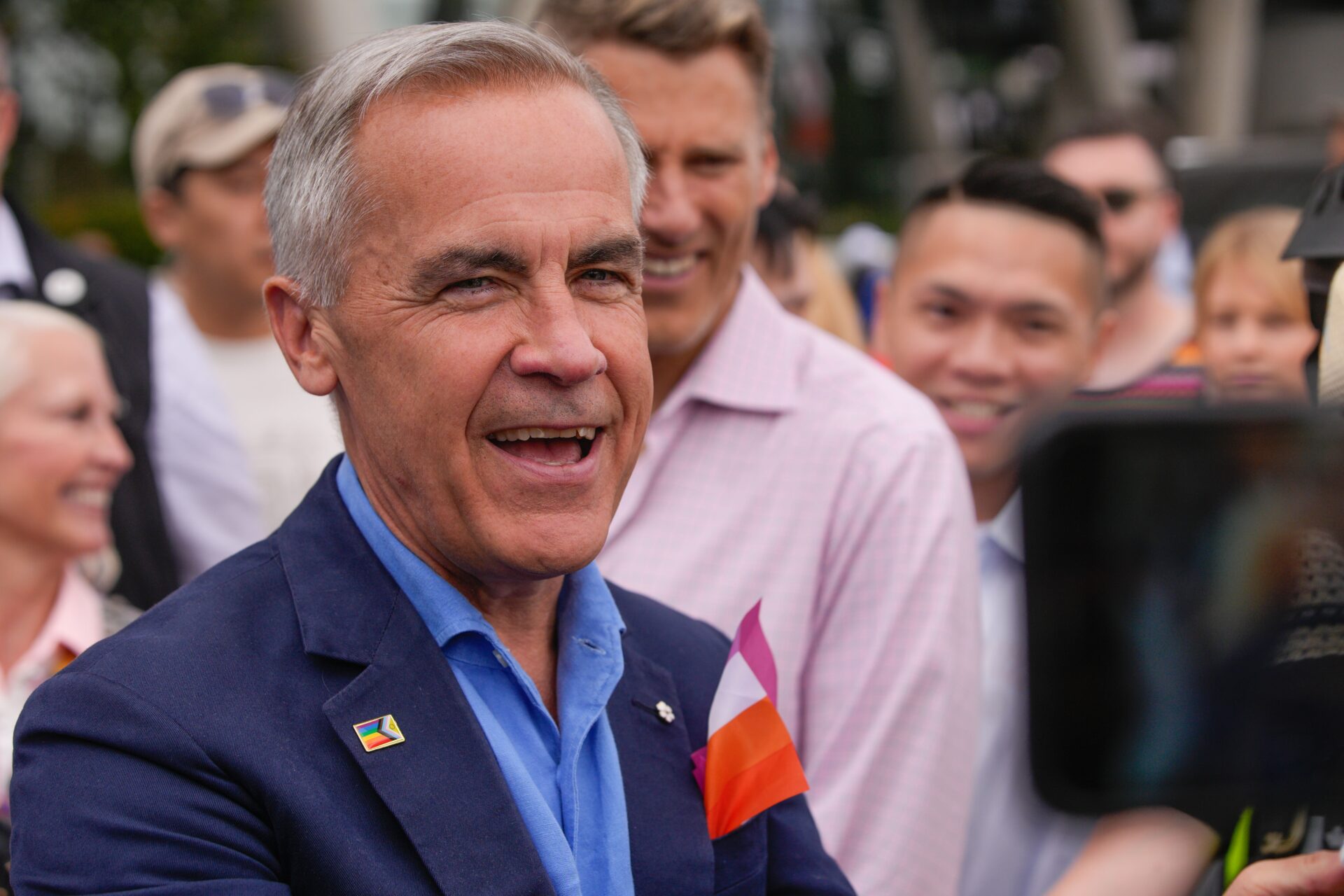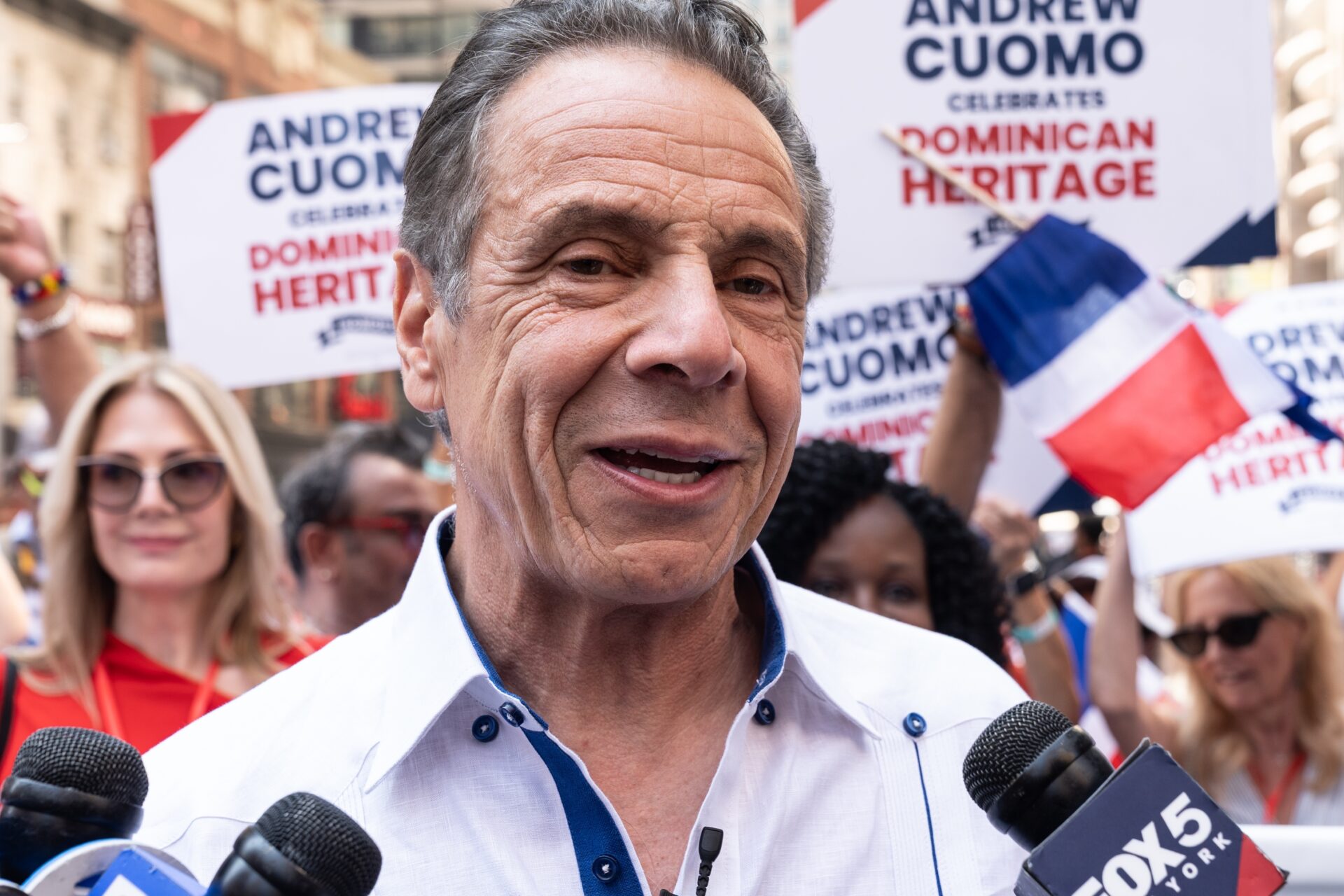
Trump Tariffs WRECK Auto Industry!
The Trump administration’s steep tariffs on vehicles and auto parts have triggered billions in industry losses, disrupted supply chains, and forced automakers from Michigan to Japan to slash investments and cut jobs.
At a Glance
- U.S. tariffs of 25–30% on vehicles and auto parts have cost automakers nearly $12 billion globally in 2025
- Toyota projects a $9.5 billion loss, while GM lost $1 billion in Q2 and Stellantis expects $2.7 billion in early 2025
- Michigan has already lost 7,500 manufacturing jobs and state officials warn 600,000 auto-related jobs are at risk
- Imported vehicles could cost up to $6,000 more for consumers due to tariffs
- Supply chains built over 40 years face major disruption, rerouting, and investment delays
Automakers Face Mounting Losses
President Trump’s tariffs, formalized in March 2025, impose a 25% levy on imported automobiles and auto parts, with certain exemptions for North American production. The financial fallout has been immediate. According to Cox Automotive, the global industry has absorbed nearly $12 billion in losses since the policy took effect. Toyota has reported a projected $9.5 billion impact, the largest of any automaker so far. General Motors posted a $1 billion second-quarter loss attributed to tariffs, while Stellantis expects $2.7 billion in losses for the first half of the year.
Watch now: How automakers are being affected by Trump’s tariffs · YouTube
Other companies have suspended or delayed major projects. Stellantis extended furloughs at its Termoli plant in Italy due to weak demand and tariff-driven uncertainty, pausing investment in hybrid components and battery production. Ford estimates its own tariff-related costs will exceed $3 billion this year, while executives warn that higher parts prices will squeeze margins across multiple models.
Ripple Effects on Supply Chains
Beyond company-level losses, tariffs are straining a supply network that has been built over decades. Automakers rely on deeply integrated production systems across the U.S., Canada, Mexico, Europe, and Asia. Industry associations warn that rebuilding or rerouting these networks is costly and slow. Brookings Institution analysts note that some firms may attempt to circumvent tariffs by channeling imports through Canada or Mexico, a move that complicates enforcement under the U.S.–Mexico–Canada Agreement.
Suppliers face similar pressure. Tariffs on steel and aluminum, set at 50%, have increased material costs for component manufacturers. This has prompted delays in deliveries, re-sourcing of contracts, and in some cases temporary shutdowns of smaller suppliers unable to absorb the added expenses.
Domestic and Political Fallout
In Michigan, home to America’s largest auto workforce, state officials have raised alarms over the potential for sweeping job losses. Governor Gretchen Whitmer privately appealed to President Trump to soften tariff policies, warning that as many as 600,000 auto-related jobs could be endangered. Already, the state has seen 7,500 manufacturing positions vanish since tariffs were reintroduced.
The consumer impact is also becoming clearer. Analysts from MotorTrend report that imported vehicles could cost up to $6,000 more as automakers pass tariff costs onto buyers. With higher sticker prices, the U.S. market could see slower sales growth, forcing companies to reduce production schedules and reevaluate investment in domestic plants.
Global Trade Tensions
While Trump recently secured a deal with Japan lowering tariffs on Japanese vehicles and parts to 15%, industry critics argue that it complicates North American supply dynamics. Automakers dependent on Europe and Korea face higher costs compared to Japanese competitors. Policy researchers at the Center for Economic and Policy Research argue that far from re-shoring jobs, the tariffs have injected instability into North American manufacturing and created an uneven playing field for global automakers.
As global companies prepare their strategies for the rest of 2025, many expect continued losses unless tariff relief or new trade arrangements emerge. For now, the industry faces a prolonged adjustment period, with long-term investment and consumer demand both caught in the crossfire.
Sources
Reuters
Wall Street Journal
AP News
Brookings Institution
MotorTrend
Cox Automotive
Al Jazeera


